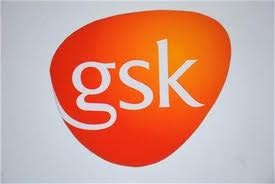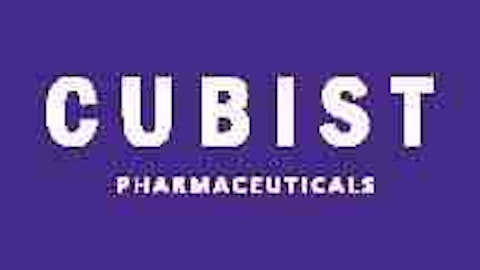GlaxoSmithKline plc (ADR) (NYSE:GSK) and its partner Theravance Inc (NASDAQ:THRX) recently scored a second victory in their quest to treat chronic obstructive pulmonary disease, commonly abbreviated as COPD — an umbrella term that includes emphysema and chronic bronchitis. The disease affects approximately 210 million people globally, and is expected to be the third leading cause of death by 2020.
GSK’s COPD drug candidate, Anoro Ellipta, received a favorable 11 to 2 advisory vote from the Pulmonary-Allergy Drugs Advisory Committee of the U.S. FDA, putting it on track for a possible final approval by the end of the year.

A second victory in the COPD combo race
Back in May, GlaxoSmithKline plc (ADR) (NYSE:GSK) and Theravance Inc (NASDAQ:THRX) obtained FDA approval for Breo Ellipta, a long-term maintenance therapy for COPD. If Anoro Ellipta is also approved, Glaxo will have a pair of blockbusters as Breo is forecast to hit peak sales of $1.3 billion while Anoro should reach $1.4 billion.
Anoro Ellipta combines umeclidinium, which improves lung function, with vilanterol, which relaxes the muscles in the airways. By comparison, Breo Ellipta combines fluticasone, an inflammation-reducing corticosteroid, with vilanterol. Anoro is intended for all COPD patients who have trouble breathing, while Breo is intended for patients who are at risk of the disease worsening.
Will this pair offset the loss of Advair?
Those two potential blockbusters could offset the loss of patent exclusivity for GSK’s former top seller Advair, an older COPD and asthma treatment that lost patent protection in the U.S. in 2010 and will lose patent protection in Europe later this year.
Advair, known as Seretide globally, accounted for a fifth of GlaxoSmithKline plc (ADR) (NYSE:GSK)’s top line last quarter and generated $7.8 billion in sales last year. Although Advair’s patent has expired in the United States, its largest market, the drug must be dispensed via a device known as a Diskus. The Diskus, which is patent protected until 2016, has proven difficult for other companies like Teva Pharmaceutical Industries Ltd (ADR) (NYSE:TEVA) and Mylan to replicate.
As a result, generic Advair still hasn’t appeared on the market yet. GlaxoSmithKline plc (ADR) (NYSE:GSK) knows that it’s only a matter of time before one arrives, however, and it is preparing for that inevitability with Breo and Anoro Ellipta.
What the victory means for Theravance
Theravance Inc (NASDAQ:THRX) will gain 6.5% to 10% in tiered royalty payments if Anoro is approved. Theravance already has an agreement with GlaxoSmithKline plc (ADR) (NYSE:GSK) for 15% of royalties from sales of Revlar, Ellipta, Breo Ellipta, and vilanterol monotherapy before global sales hit $3 billion. That cut declines to 5% after $3 billion is achieved.
Theravance Inc (NASDAQ:THRX) decided earlier this year to split into two companies — Royalty Management Company and Theravance Biopharma — with the former retaining the development of its respiratory treatments and the latter focusing on the development and commercialization of small-molecule therapies in untapped markets.
The market is still crowded with old players
Due to the rising prevalence of COPD, the market is getting increasingly crowded with treatments.
AstraZeneca plc (ADR) (NYSE:AZN)‘s Symbicort, which generated $3.2 billion in sales in 2012, is another top-selling treatment being eyed by generic manufacturers. Symbicort combines formoterol, a bronchodilator, with a corticosteroid known as budesonide to reduce inflammation in severe COPD cases.
Similar to Advair, Symbicort also consists of a medication and one of two inhalation devices — a pMDI (metered dose) device in the United States and a Turbuhaler in the rest of the world. Like Advair, the patents for the medication will expire earlier (2014-2018) than those for the devices.
That hasn’t stopped Teva Pharmaceutical Industries Ltd (ADR) (NYSE:TEVA) from also trying its hand at producing a generic version, however. In January, Teva Pharmaceutical Industries Ltd (ADR) (NYSE:TEVA) filed for EU approval of its generic version of Symbicort, which uses its own proprietary Spiromax device to dispense the medication.





